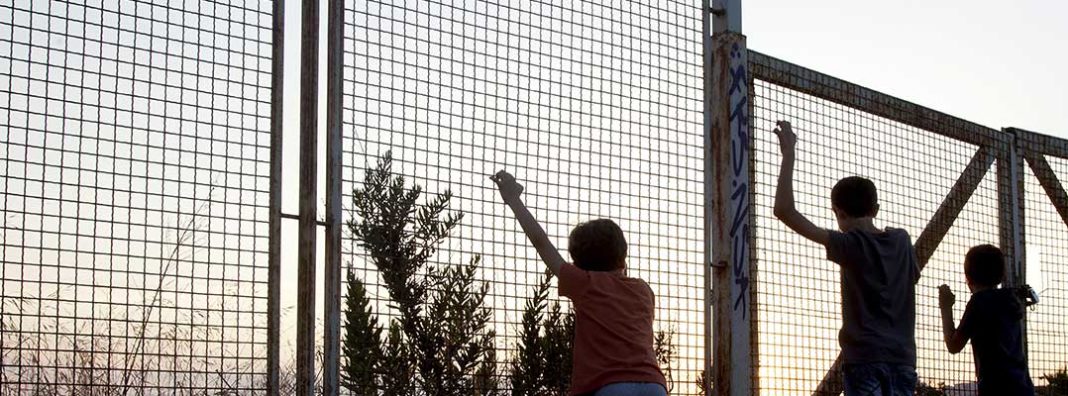
Wednesday, July 29 marked the 10-year anniversary since the controversial implementation of SB 1070. Commonly called the “show-me-your-papers” law, supporters argued that it would reduce crime in communities. But has SB 1070 actually made Arizonans safer? New evidence suggests it has not.
Let’s rewind to the mid-2000s. Illegal immigration was a major concern for Arizonans. In 2007, the population of undocumented residents in the state peaked at about 500,000. This was nearly 8% of the population.
Most immigration laws are passed by Congress. Yet policymakers who want stronger enforcement have found ways to step it up through relying on state-level actions.
The Arizona Legislature did just that in 2007 with the E-Verify law, which prevented businesses from hiring unlawful residents. However, this is an indirect method of immigration enforcement.
In a recent working paper for the Center for Growth and Opportunity at Utah State University, we estimated the effects of SB 1070 on public safety. Overall, the bill made Arizona less safe. Our study shows that SB 1070 was associated with a 20% increase in violent crimes like rape and aggravated assault.
So what’s happening? Police work is already difficult, and adding immigration enforcement to law enforcement’s plate spreads out police resources. In short, the time that a police officer uses asking about immigration status can’t be spent investigating other crimes.
We currently make legal immigration difficult. Each country has a quota that caps the number of immigrants that can come from another country, regardless of how many want to come. The process is long and arduous, forcing people to wait for decades. Many who come legally on temporary work visas are forced to wait for years before obtaining legal status because they have to rely on employers to sponsor their permanent residency. Thus, many come illegally.
Illegal immigration is not good for anyone. Not for the undocumented residents living in fear of deportation and dealing with harassment, and not for the citizens of the community they reside in. Reaching a balance and finding a solution is difficult. But it is not difficult to see that SB 1070 isn’t the solution Arizonans need.
Instead, research suggests that there are better ways to integrate immigrants. Instead of aggressive enforcement policies, cities and states should work to remove the incentives to come illegally and lean more on integration programs.
Or they may suffer from victimization themselves but be afraid of coming forward. Arizona should also support federal efforts to make legal immigration simpler. The current immigration quotas were set in 1990, but no longer meet the needs of our economy, because both the economy and the population have grown significantly since then.
Immigration, as a percentage of the population, is below the historic average level in American history. Our higher population and more jobs than ever before should help us assimilate and accept more immigrants without problems.
Combined, these simple reforms will encourage fewer to come to our country illegally or overstay temporary visas. With less illegal immigration, we can use fewer resources on enforcement. Laws like SB 1070 may give the appearance of making Americans safer, but in reality, actually make our communities more dangerous.


 Arizona Daily Star
Arizona Daily Star